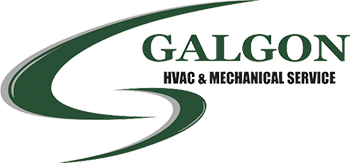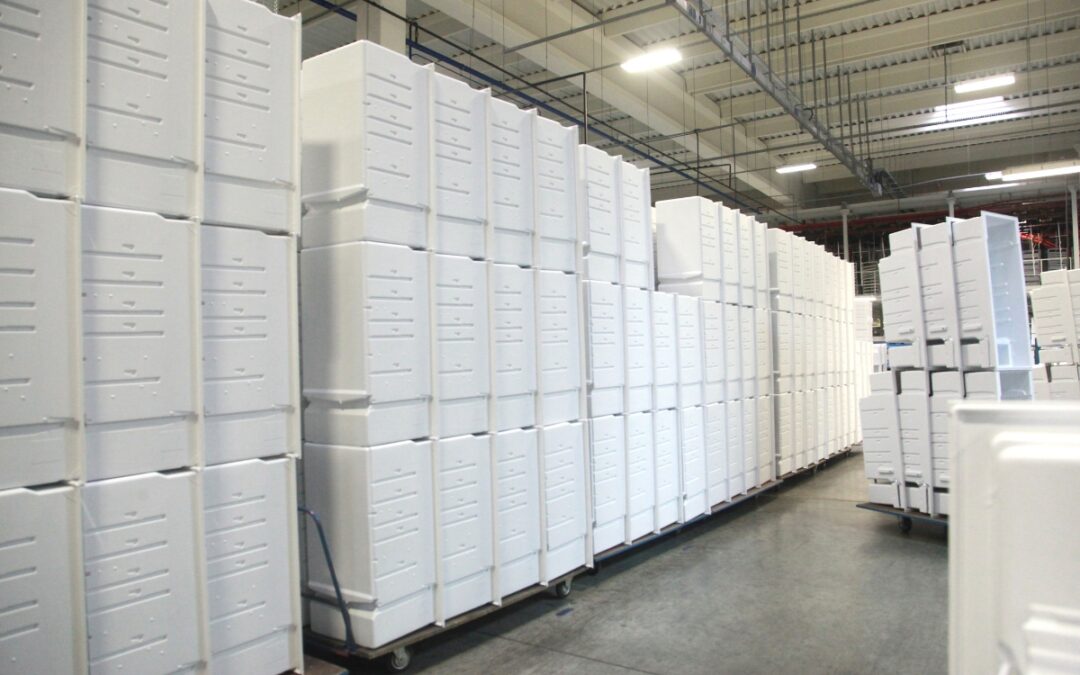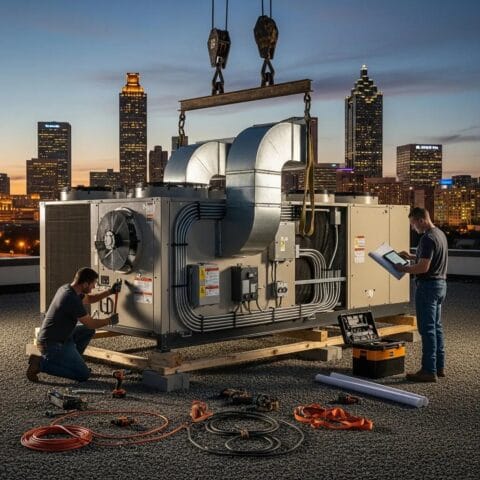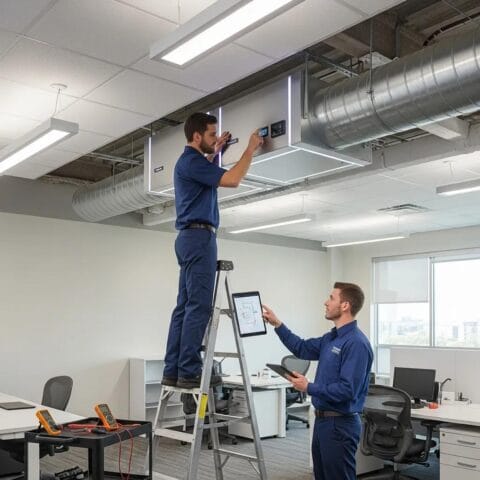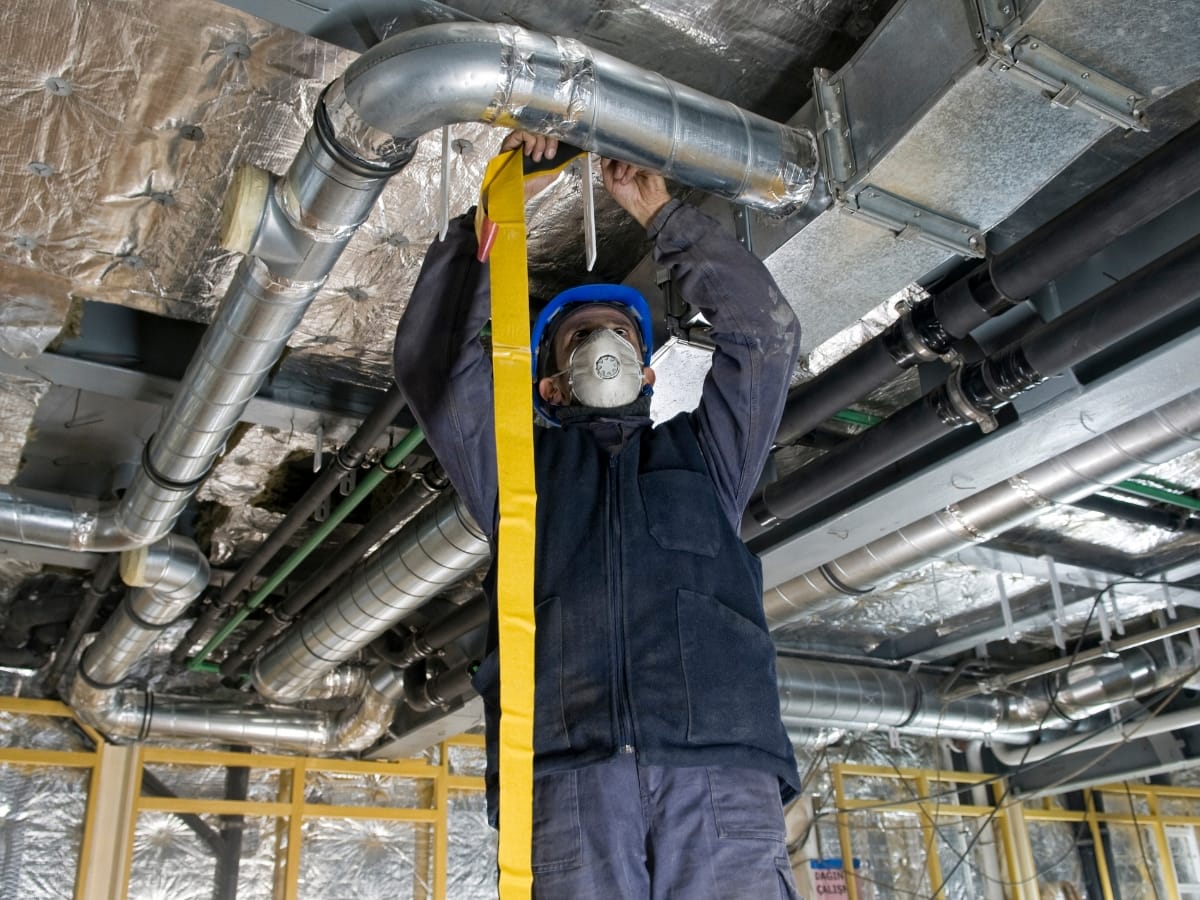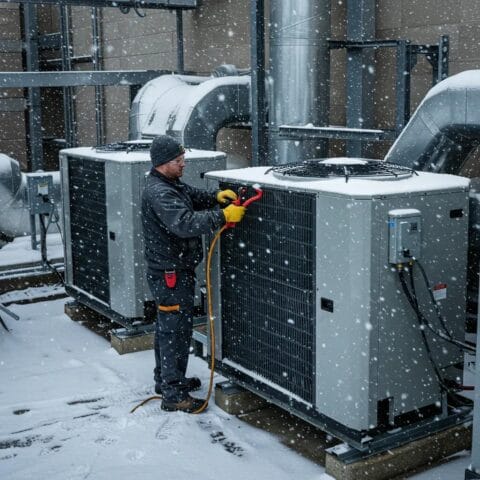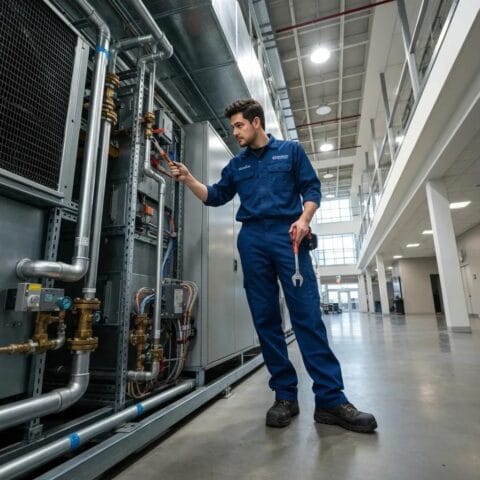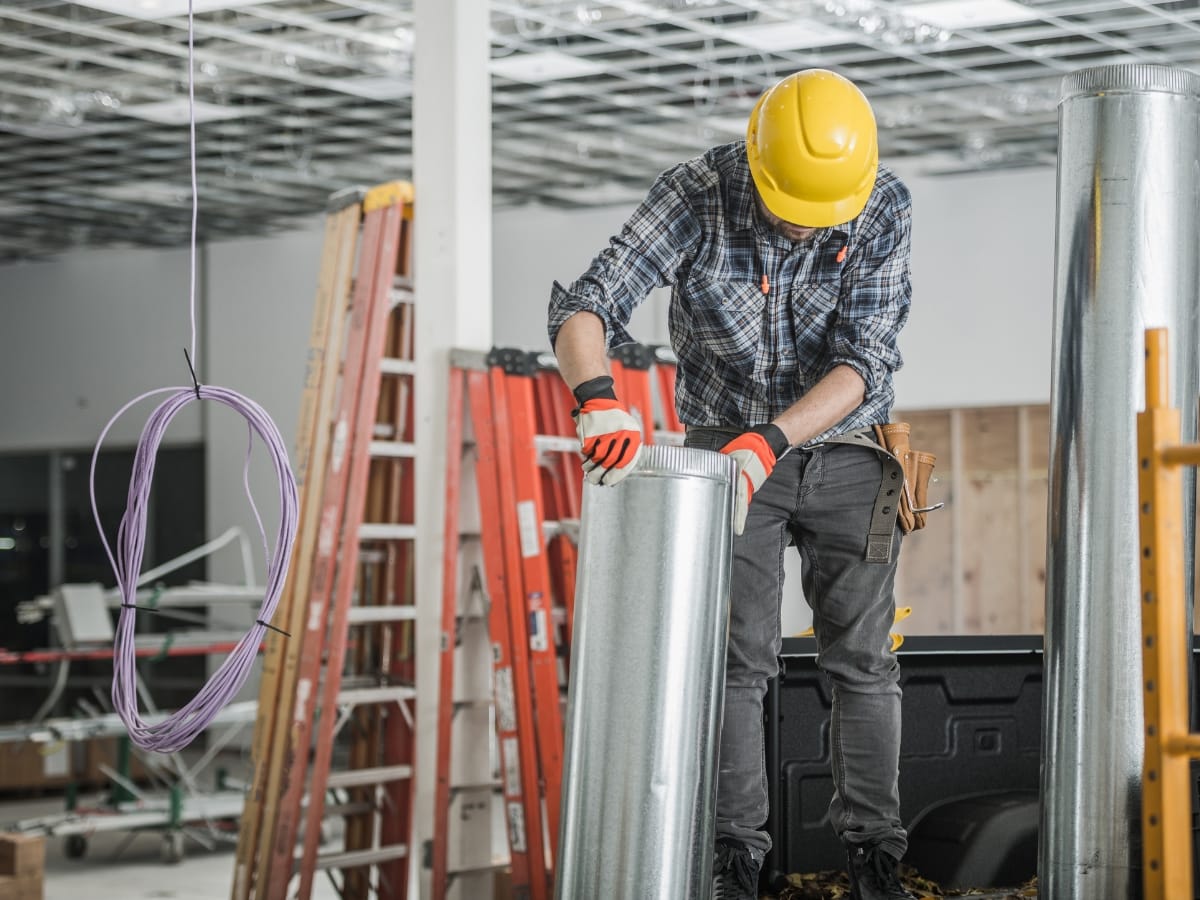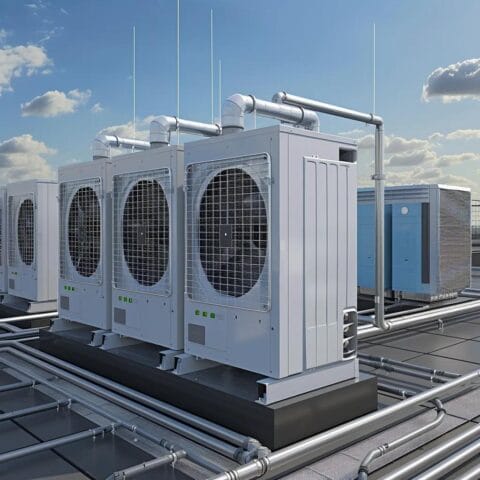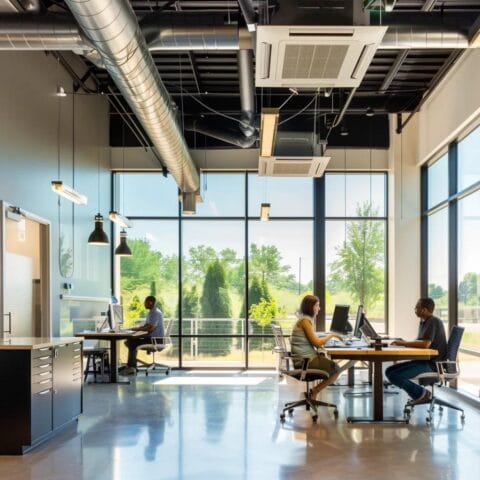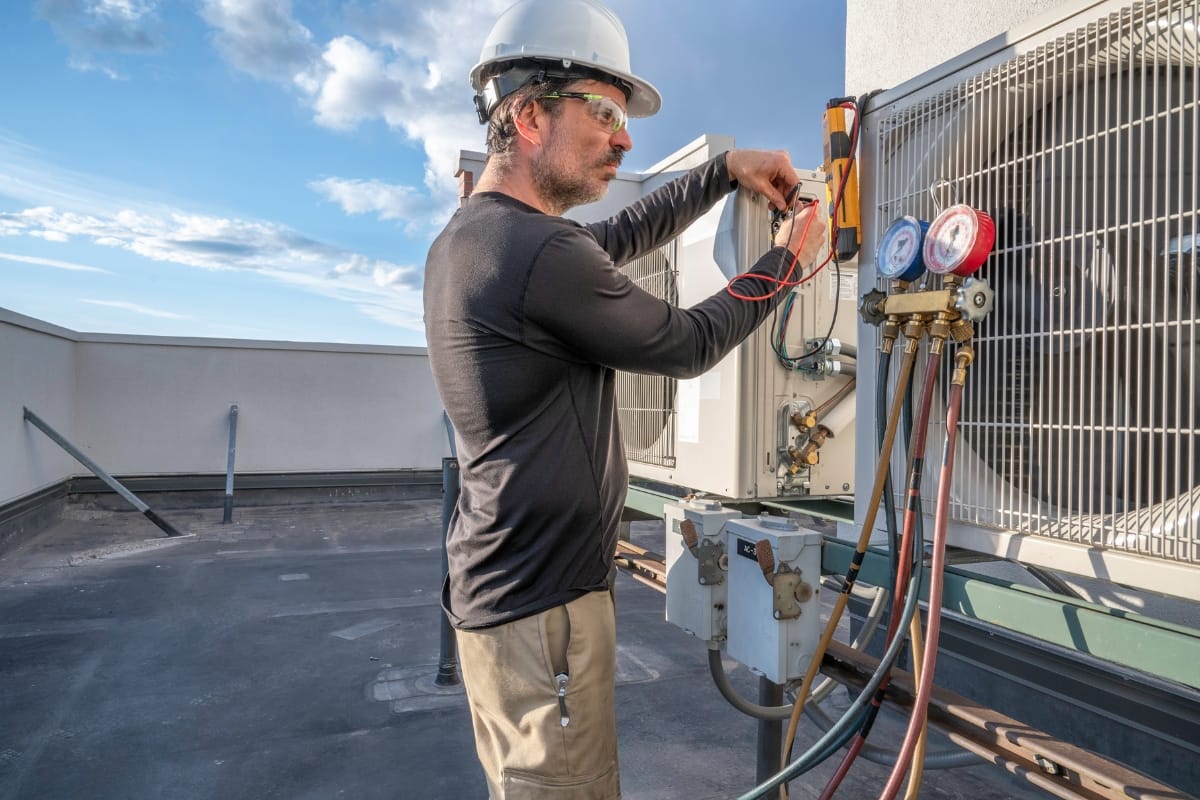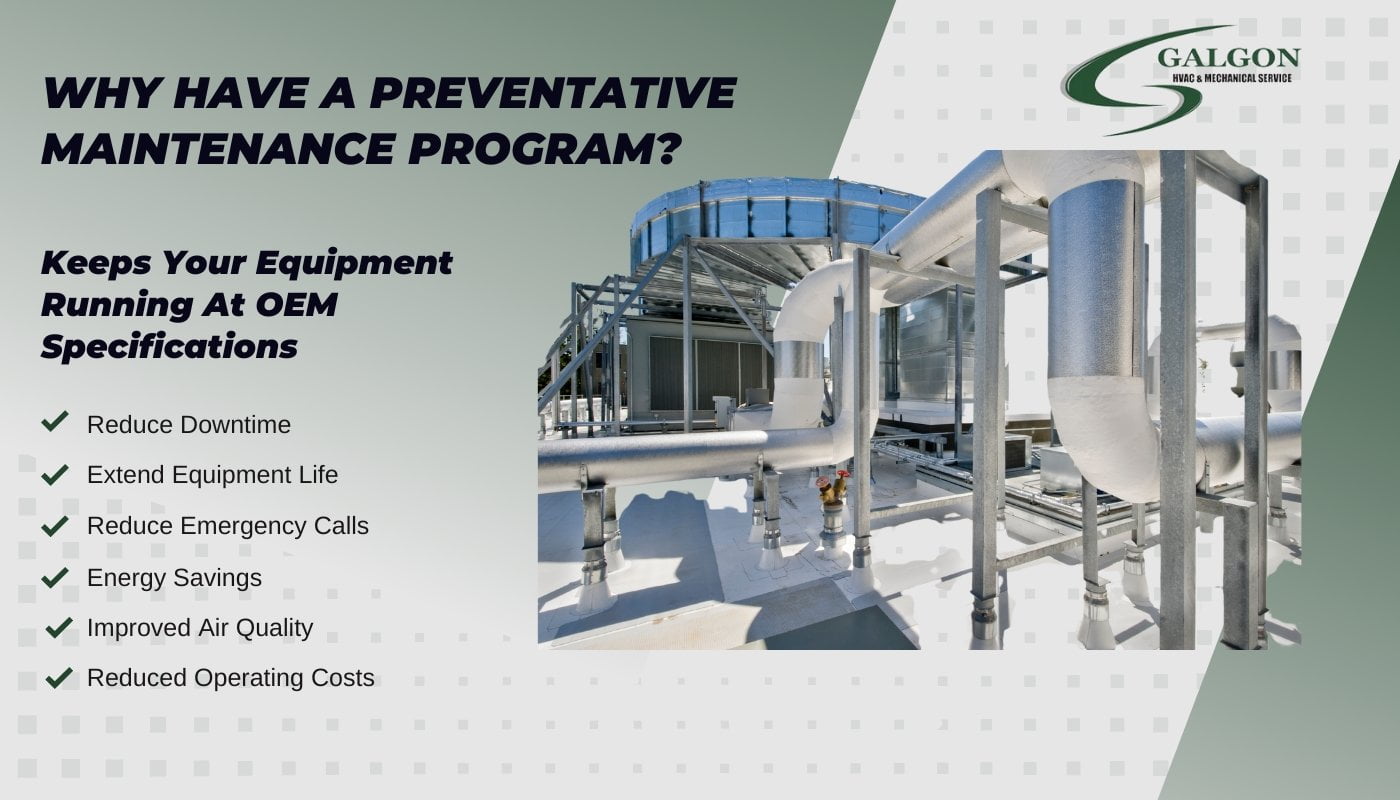In the fast-paced world of commercial operations, a malfunctioning refrigeration system can quickly turn into a crisis, jeopardizing perishable goods and disrupting business operations.
Knowing how to troubleshoot common refrigeration issues is essential for maintaining optimal performance and keeping your cool under pressure. In this guide, we’ll delve into the realm of commercial refrigeration troubleshooting, offering expert tips and strategies to help you diagnose and resolve problems efficiently.
Get ready to become a refrigeration troubleshooter extraordinaire and ensure your commercial operation stays cool and collected, no matter what challenges arise.
Fridge Frustrations? Discover Commercial Refrigeration Troubleshooting Tips!
Understanding Common Signs of Commercial Refrigeration Troubles
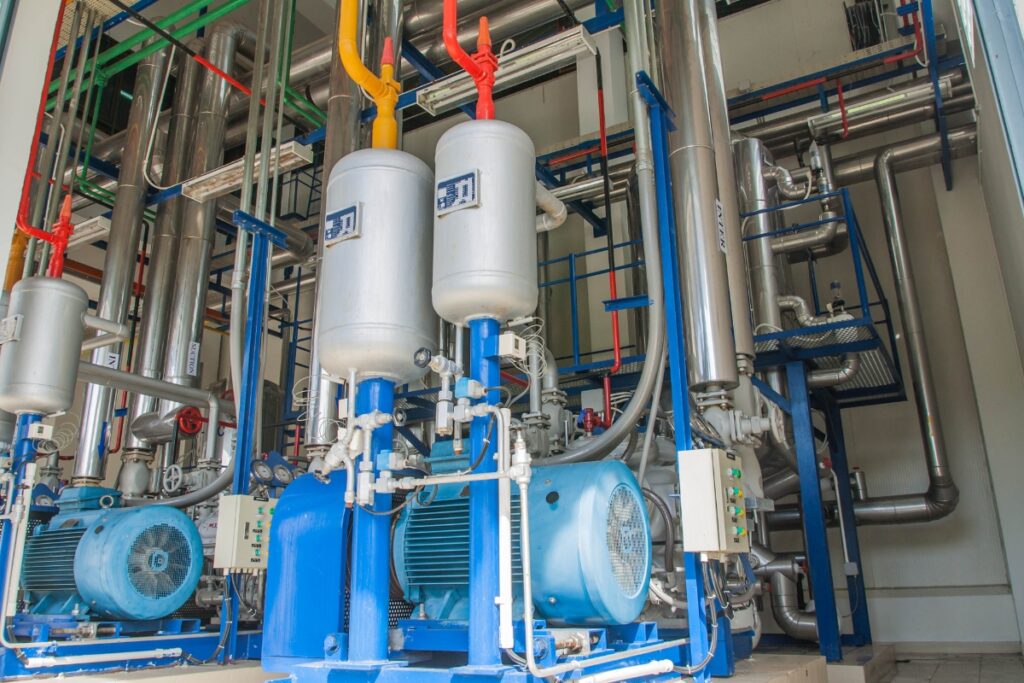
Commercial refrigeration troubleshooting is essential for businesses to prevent costly breakdowns and ensure smooth operations. By understanding common signs of commercial refrigeration troubles, you can address issues promptly and avoid disruptions.
One of the key indicators of commercial refrigeration troubleshooting is unusual noises coming from the unit. If you hear loud buzzing, rattling, or grinding sounds, it could signal a problem with the compressor, fan motor, or other components. Ignoring these noises can lead to further damage and potential system failure.
Another sign to watch out for when troubleshooting commercial refrigeration is temperature fluctuations. If your refrigeration unit struggles to maintain consistent temperatures or if it takes longer to cool items, there might be an issue with the thermostat, refrigerant levels, or airflow. Monitoring temperature changes can help you identify and resolve problems early on.
Commercial refrigeration troubleshooting also involves paying attention to frost buildup inside the unit. Excessive frost on the evaporator coils or unusual ice formation could indicate issues with the defrost system, door seals, or ventilation. Regularly defrosting the unit and checking for frost accumulation can help prevent commercial refrigeration troubles.
Leakage is another common sign that requires commercial refrigeration troubleshooting. If you notice water or refrigerant leaks around the unit, it’s crucial to address them promptly to prevent damage to the system and potential safety hazards. Identifying the source of the leak and repairing it promptly is essential for maintaining the efficiency of your refrigeration unit.
Diagnosing and Addressing Strange Noises Coming from Your Refrigeration Unit
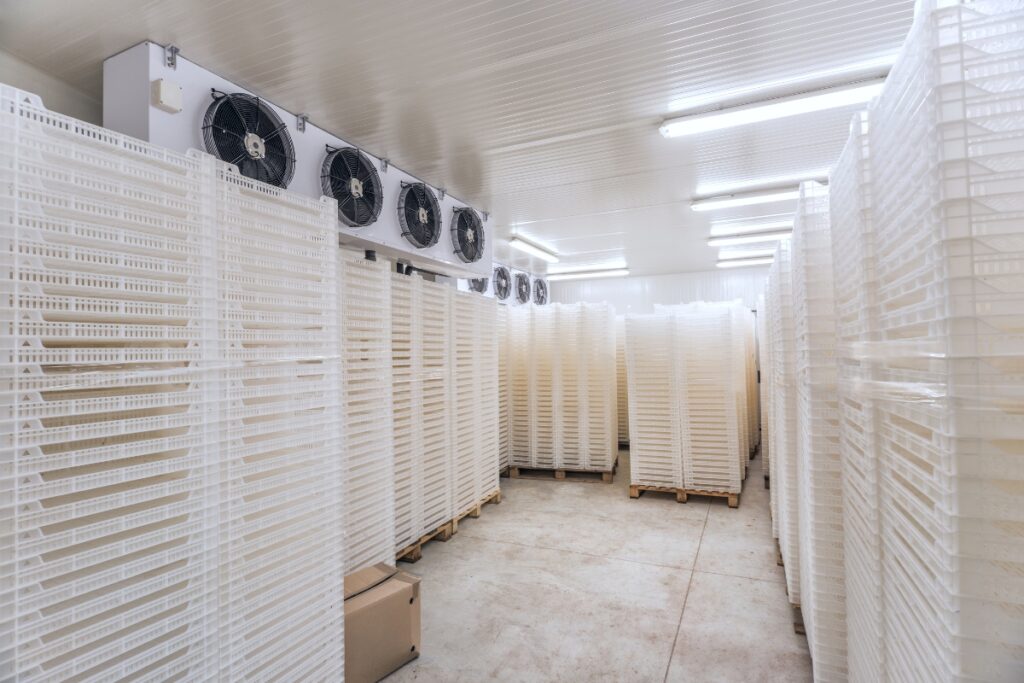
If you hear strange noises coming from your commercial refrigeration unit, it’s important to diagnose and address the issue promptly. Ignoring these noises could lead to more significant problems down the line.
The first step in diagnosing strange noises is identifying the source. Is it coming from inside the unit or outside? If it’s inside, there may be loose components or a malfunctioning fan motor. If it’s outside, it could be an issue with the condenser fan or compressor.
Once you’ve identified the source of the noise, you can take appropriate action. For loose components, tighten any screws or bolts that may have come loose. If the fan motor is malfunctioning, it may need to be replaced. In some cases, cleaning the condenser coils can also help reduce noise levels.
If you’re unsure about diagnosing or addressing the strange noises yourself, it’s always best to seek professional help. A refrigeration repair expert will have the knowledge and experience to accurately diagnose and fix any issues with your unit.
Tackling Sudden Temperature Fluctuations: Causes and Solutions
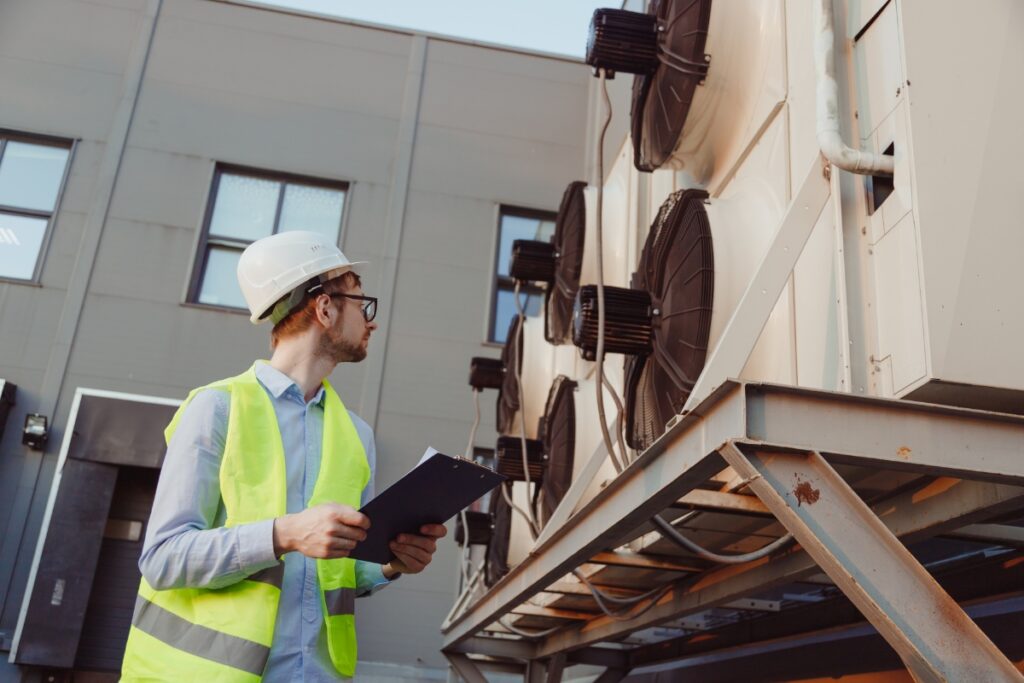
Sudden temperature fluctuations in your commercial refrigeration unit can be frustrating and potentially harmful to your perishable goods. Understanding the causes behind these fluctuations is crucial in finding effective solutions.
One common cause of temperature fluctuations is a faulty thermostat. The thermostat is responsible for regulating the temperature inside your unit. If it’s not functioning correctly, it may not accurately maintain the desired temperature, leading to fluctuations.
Clogged condenser coils can also contribute to temperature inconsistencies. Over time, dust and debris can accumulate on the coils, hindering heat transfer and causing your unit to work harder than necessary. Regularly cleaning the condenser coils can help prevent this issue.
A malfunctioning compressor is another potential culprit for sudden temperature fluctuations. The compressor plays a vital role in cooling your refrigeration unit. If it’s not working properly, it may struggle to maintain a consistent temperature.
To tackle sudden temperature fluctuations, start by checking and calibrating your thermostat if necessary. Clean the condenser coils regularly to ensure optimal heat transfer. If you suspect a problem with your compressor, it’s best to consult a professional for further diagnosis and repair.
Troubleshooting Issues with Refrigeration Unit Compressor
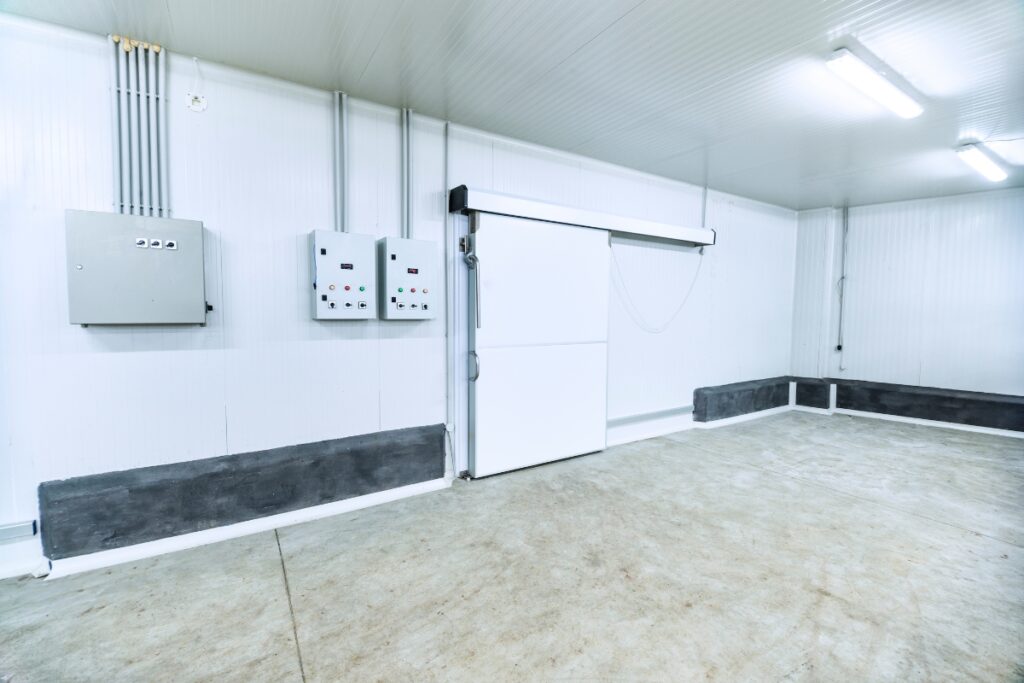
The compressor is an essential component of your commercial refrigeration unit, responsible for circulating refrigerant and maintaining proper cooling temperatures. When issues arise with the compressor, troubleshooting is necessary to identify and resolve the problem.
If you suspect an issue with your compressor, start by checking its power supply. Ensure that it’s receiving the correct voltage and that there are no loose connections. A faulty power supply can cause the compressor to malfunction.
Next, listen for any unusual noises coming from the compressor. Grinding or clicking sounds could indicate a mechanical problem. In such cases, it’s best to consult a refrigeration repair expert for further diagnosis and repair.
Check the condenser coils for any signs of damage or blockage. Dirty or damaged coils can hinder heat transfer and put additional strain on the compressor. Regularly cleaning and maintaining the condenser coils can help prevent compressor issues.
If you’ve exhausted these troubleshooting steps and are still experiencing problems with your compressor, it’s time to call in a professional. They will have the expertise to accurately diagnose and repair any issues with your refrigeration unit’s compressor.
Preventative Maintenance Tips to Avoid Future Refrigeration Problems
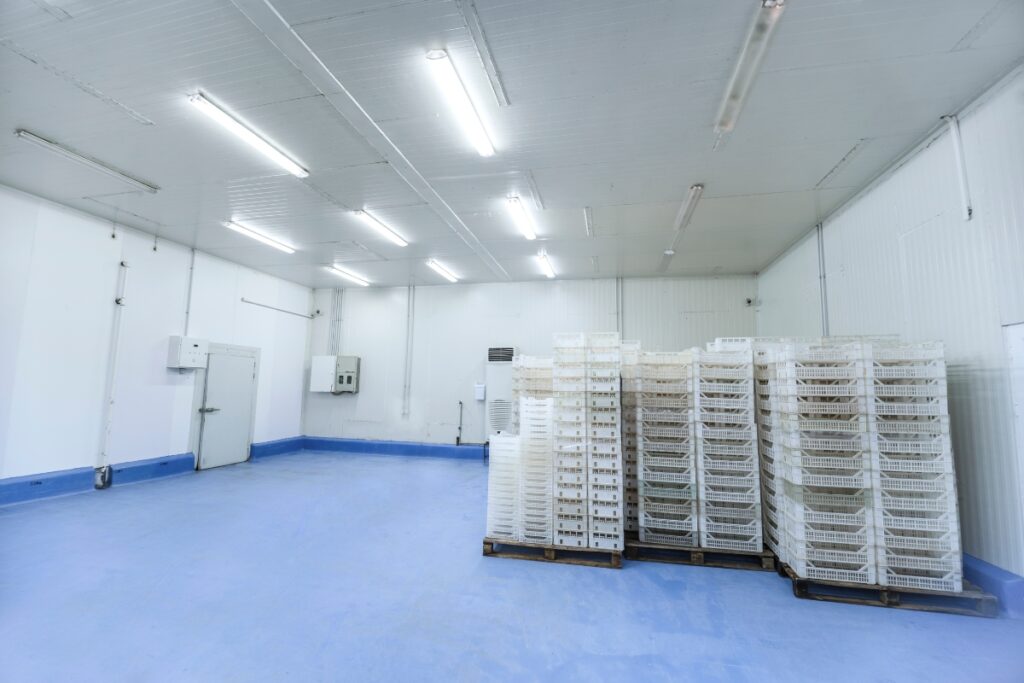
When it comes to commercial refrigeration troubleshooting, preventative maintenance plays a crucial role in avoiding future problems. By following some pro tips and regular maintenance schedules, you can keep your refrigeration system running smoothly and efficiently. Here are some preventative maintenance tips to help you avoid any potential issues in the future.
- Regular Cleaning: One of the key maintenance practices is to regularly clean your commercial refrigeration system. Ensure that the condenser coils, evaporator coils, and fans are free from dust and debris. This helps in maintaining proper airflow and prevents the system from overworking.
- Temperature Checks: Regularly monitor the temperature inside your refrigeration unit. Make sure it is set at the optimal temperature for storing temperature-sensitive items safely. Fluctuating temperatures can indicate potential issues that need to be addressed promptly.
- Inspect Seals and Gaskets: Examine the seals and gaskets on your refrigeration unit to detect any indications of damage or deterioration. Defective seals may result in temperature seepage, compelling the system to exert more effort to uphold the set temperature.
- Lubricate Moving Parts: Proper lubrication of moving parts such as motors, fans, and compressors is essential to prevent friction and wear. Regularly check and lubricate these components as part of your maintenance routine.
- Condensate Drain Maintenance: Ensure that the condensate drain is clear of any obstructions to prevent water buildup inside the unit. Clogged drains can lead to water leakage and potential damage to the system.
- Professional Inspections: Schedule regular inspections by a professional technician to identify any potential issues early on. Professional maintenance can help in detecting problems before they escalate into major breakdowns.
By following these preventative maintenance tips for your commercial refrigeration system, you can minimize the risk of future problems and ensure the efficient operation of your unit. Remember, proactive maintenance is key to avoiding costly repairs and downtime in the long run.
Extending the Lifespan of Your Commercial Refrigeration System
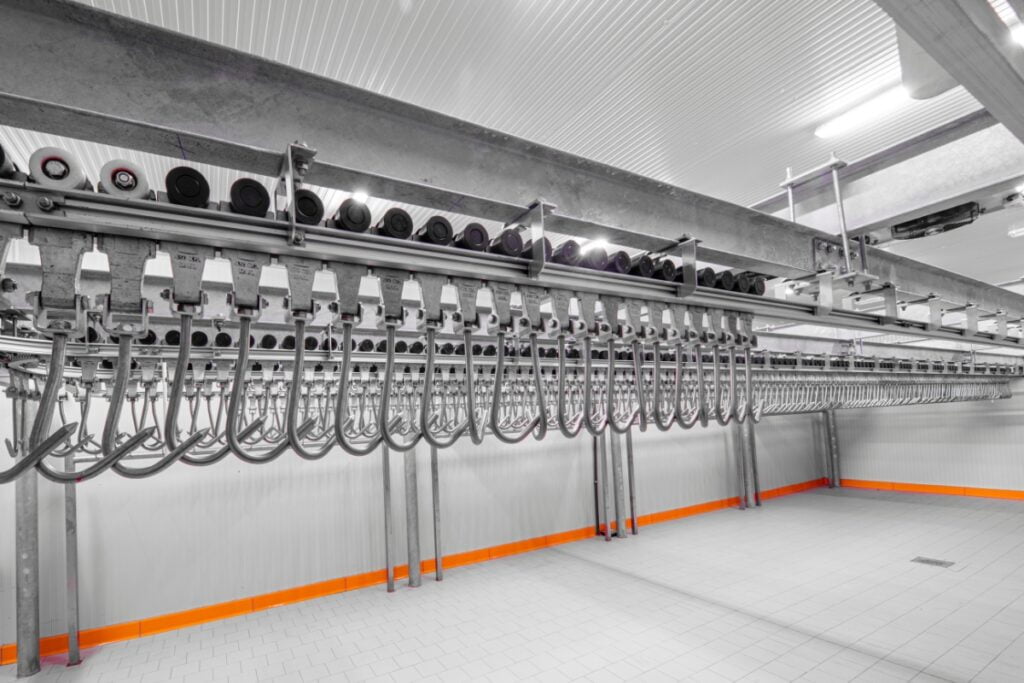
A commercial refrigeration system is a significant investment for any business. Extending its lifespan not only saves you money but also ensures the uninterrupted operation of your establishment. Here are some tips to help you prolong the life of your system:
- Keep it clean: Regularly clean both the interior and exterior of your refrigeration unit. Remove any dust, dirt, or debris that may have accumulated. This helps prevent clogs and allows for optimal airflow.
- Check and replace filters: If your refrigeration system has filters, check them regularly and replace them as needed. Dirty filters can restrict airflow and put additional strain on the system.
- Maintain proper ventilation: Ensure that your refrigeration unit has adequate space around it for proper ventilation. Restricted airflow can cause the system to work harder than necessary, leading to premature wear and tear.
- Monitor temperature settings: Keep an eye on the temperature settings of your unit to ensure they’re within the recommended range. Extreme temperatures can put unnecessary strain on your system.
- Schedule professional inspections: Regularly schedule professional inspections from a refrigeration expert. They will perform comprehensive checks, identify potential issues early on, and provide necessary maintenance or repairs.
By following these tips, you can maximize the lifespan of your commercial refrigeration system and enjoy trouble-free operation for years to come.
Seeking Professional Help: When to Call a Refrigeration Repair Expert
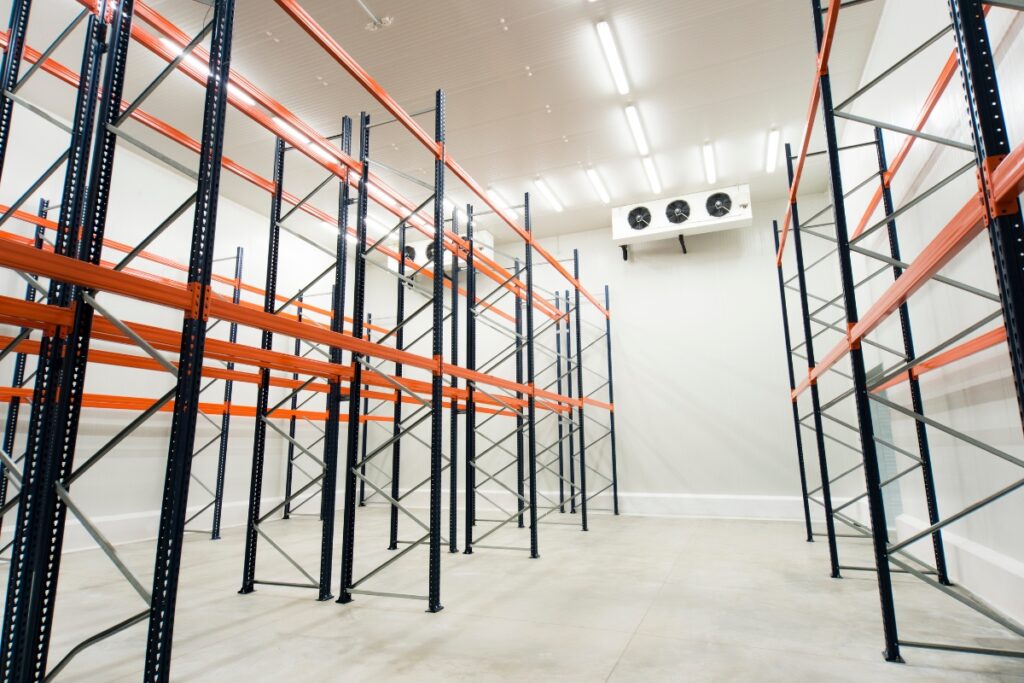
While some commercial refrigeration troubleshooting can be done independently, there are instances when it’s best to seek professional help. Here are some signs that indicate it’s time to call a refrigeration repair expert:
- Frequent breakdowns: If your refrigeration unit is experiencing frequent breakdowns or requires constant repairs, it’s a clear sign that something more significant is wrong. A professional can accurately diagnose the underlying issue and provide appropriate solutions.
- Unusual odors: Foul or unusual odors coming from your refrigeration unit could indicate mold growth or other sanitation issues. A professional can identify the source of the odor and address it effectively.
- Significant temperature fluctuations: If your unit is unable to maintain a consistent temperature, despite your troubleshooting efforts, it’s time to call in an expert. They can diagnose the root cause of the fluctuations and make necessary repairs.
- Loud or unusual noises: Excessive noise coming from your refrigeration unit could be a sign of mechanical problems. A professional can identify the source of the noise and perform any necessary repairs or replacements.
Remember, refrigeration systems are complex appliances, and attempting complicated repairs without proper knowledge can lead to further damage. When in doubt, it’s always best to consult a refrigeration repair expert.
Conclusion: Mastering the Art of Commercial Refrigeration Troubleshooting
We’ve explored the world of commercial refrigeration troubleshooting – from understanding common signs of trouble to tackling frost build-up and diagnosing compressor issues. By following these pro tips and preventative maintenance strategies, you can keep your cool when faced with commercial refrigeration problems.
When it comes to commercial refrigeration troubleshooting, trust the expertise of Galgon HVAC & Mechanical Service to keep your systems running smoothly. With years of experience and a commitment to excellence, our team is here to provide you with top-notch commercial refrigeration service and support. Don’t let refrigeration issues disrupt your business operations any longer. Contact us today at (404) 352-1500 or fill out the form on our website to request a service or quote.
